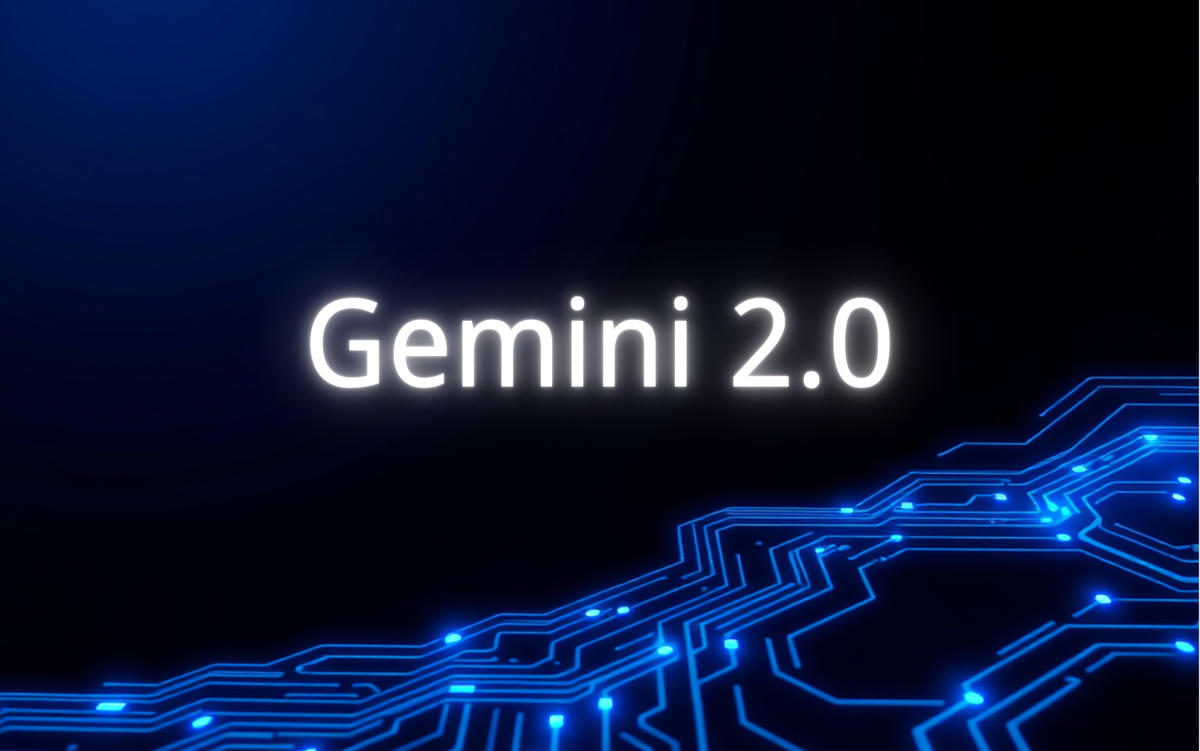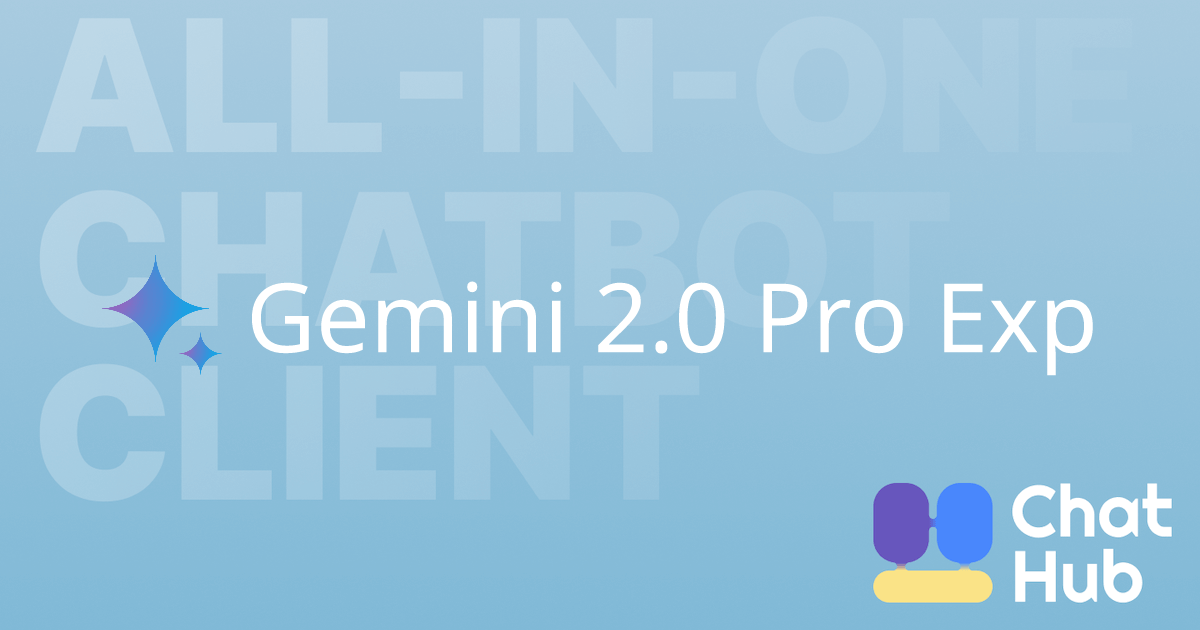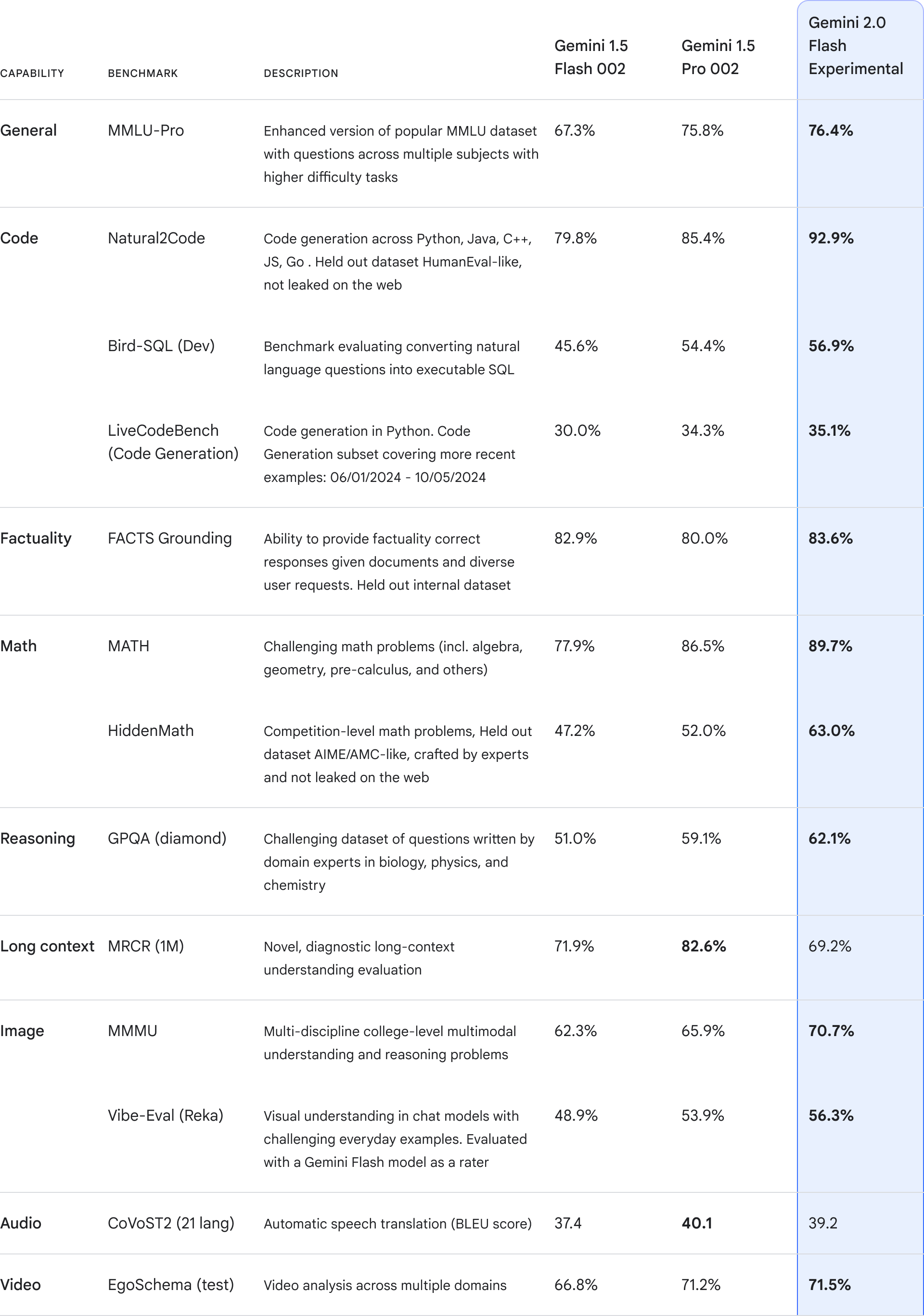Gemini 2.0: Ushering in the Agentic AI Era

Artificial intelligence (AI) has redefined the way humanity interacts with information. With advancements that span decades, Google and Alphabet have consistently revolutionized the digital sphere. Now, they are embarking on their most ambitious AI chapter yet: Gemini 2.0, a model designed for the agentic era of AI. On February 6, 2025, Sundar Pichai, CEO of Alphabet and Google, officially introduced Gemini 2.0 — a giant leap forward in Google’s mission to organize information and make it universally accessible and useful.
In this post, we’ll explore the features, innovations, and transformative potential of Gemini 2.0, including agentic AI, multimodal capabilities, and its integration across Google’s ecosystem.

Information at the Core of Progress
Sundar Pichai summarizes Google’s 26-year journey with a powerful insight:
“Information is at the core of human progress.”
Since its inception, Google has worked relentlessly to organize and democratize access to information. AI became a cornerstone of this vision when Gemini 1.0 launched in December 2023, marking a shift toward “multimodality,” or the ability to process and understand inputs like text, images, videos, and audio. Gemini 1.5 refined these capabilities, leading to big strides in long-context understanding and tool integrations.
But Gemini 2.0 is not just an evolution; it introduces a new era of “agentic AI” — AI models designed to understand the world more comprehensively, think ahead, and take controlled, supervised actions on behalf of users.
Gemini 2.0: Built for the Agentic Era
What Makes Gemini 2.0 Revolutionary?
Gemini 2.0 stands at the forefront of AI innovation. While past models were excellent at processing and producing insightful outputs, the new updates focus on enabling agency, defined as the ability for AI to act within defined boundaries, intelligently plan, and adapt within its environment.
Key highlights of Gemini 2.0’s capabilities include:
- Enhanced Multimodality: Aside from inputs like text, video, and audio, Gemini 2.0 now supports multimodal outputs—such as natively generated images, multilingual text-to-speech (TTS), and even executing live functions with tools like Google Search.
- Deep Research Capability: Available through Gemini Advanced, this feature acts as a virtual research assistant, utilizing long-context understanding and advanced reasoning to explore and summarize complex topics across various domains.
- Improved Tool Integration: Native usage of tools for real-time tasks, including code execution, multi-step math problem-solving, and enriched Search experiences for complex, multi-layered queries.
Notably, Gemini 2.0 Flash, the experimental flagship model, is particularly optimized for developers. It offers low latency coupled with cutting-edge multimodal reasoning and real-time streaming through its new Multimodal Live API.

Features in Action: AI Transformation Across Products
1. AI-Powered Search Overhauls
Search, Google’s most transformative product, now leverages the cutting-edge reasoning abilities of Gemini 2.0. Through its billion-strong AI Overview features, Gemini 2.0 introduces:
- Advanced mathematics comprehension.
- Multimodal question handling, such as merging image or text queries.
- Coding support for more robust developer use cases.
Limited testing has begun, and Gemini-driven Search updates will reach broader audiences globally in 2025.
2. The Gemini App and Assistant
The AI assistant integrated into the Gemini app offers an unprecedented level of personalization and capability. Whether via desktop, mobile, or soon-to-be released app versions, users can choose the experimental Gemini 2.0 Flash model to explore:
- Superior dialogue across multiple languages.
- Enhanced multimodal reasoning for tasks requiring layered insights.
- Faster latency responses for natural, fluid conversations.
3. Building the Future with AI Agents
Gemini 2.0 powers research-backed projects like Project Astra, Project Mariner, and Jules, each aiming to redefine human-machine collaboration:
- Project Astra: This multimodal assistant has undergone enhancements including better memory, natural language capabilities in bilingual conversations, and an evolving ability to assist users in real-world contexts like maps and search. Next-step integrations will explore Project Astra’s use in tools like Google Lens and wearable tech, including glasses.
- Project Mariner: Designed as a browser-focused assistant, Mariner connects directly with web-based tasks, interpreting text, image, and code elements in real-time. Early tests suggest it’s on the brink of mastering webpage-dependent tasks with 83.5% effectiveness—a benchmark set by WebVoyager.
- Jules: For developers, AI-powered code-agent Jules integrates seamlessly into GitHub workflows, offering high-level yet supervised contributions to issue resolution, planning, and writing efficient code.
Accessibility and Expansion
Gemini 2.0 is available now to developers via Google AI Studio and Vertex AI, with full general availability coming early next year. Additionally, trusted testers and developers can access prototypes for agentic models via experimental platforms.
For everyday users, expanded Gemini 2.0 integrations (including the Gemini app and Search) will roll out globally in early 2025.
Building Responsibly in the Agentic Era
As with every technological leap, Gemini 2.0 comes with critical responsibilities. Google has invested in rigorous safety and assurance evaluations through committees and red-teaming methods:
- Enhanced Risk Mitigations: Tools like Project Astra now feature controls that prevent unintended actions and manage sensitive data securely.
- Safety at Scale: With Gemini’s advanced reasoning, the AI itself contributes to automatically generating red team data to improve preemptive risk solutions.
- Ethical Development: Efforts behind Project Mariner are focused on safe navigation of online environments while mitigating risks like phishing and fraud.
By prioritizing user supervision, privacy features, and iterative learning, Google builds confidence in adopting these agentic models responsibly.
The Path Forward
Gemini 2.0 is not merely about understanding or answering questions—it’s about making information and tools more actionable for the global audience. Whether reimagining Search, enhancing accessibility through the Gemini app, or creating research tools in Project Mariner, Google’s vision is the rise of a universal assistant with safe, responsible, and impactful applications.
As Sundar Pichai aptly puts it:
“If Gemini 1.0 was about organizing and understanding information, Gemini 2.0 is about making it much more useful.”
Through Gemini 2.0’s release, humanity is on the brink of unlocking transformative new AI experiences that will reshape how we interact with the digital and physical worlds.






